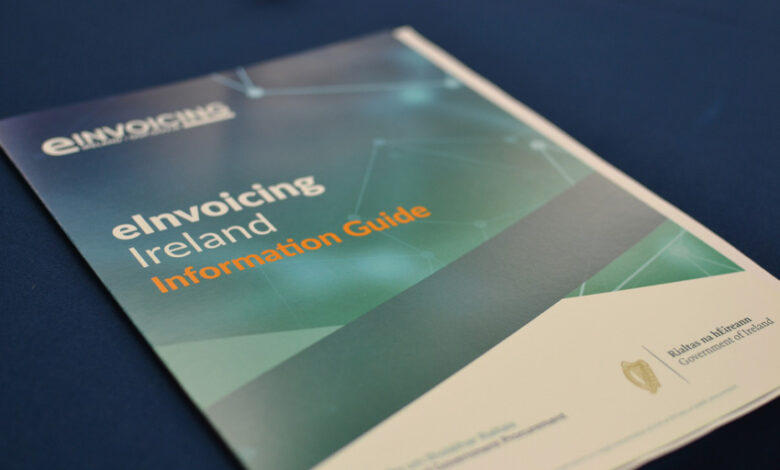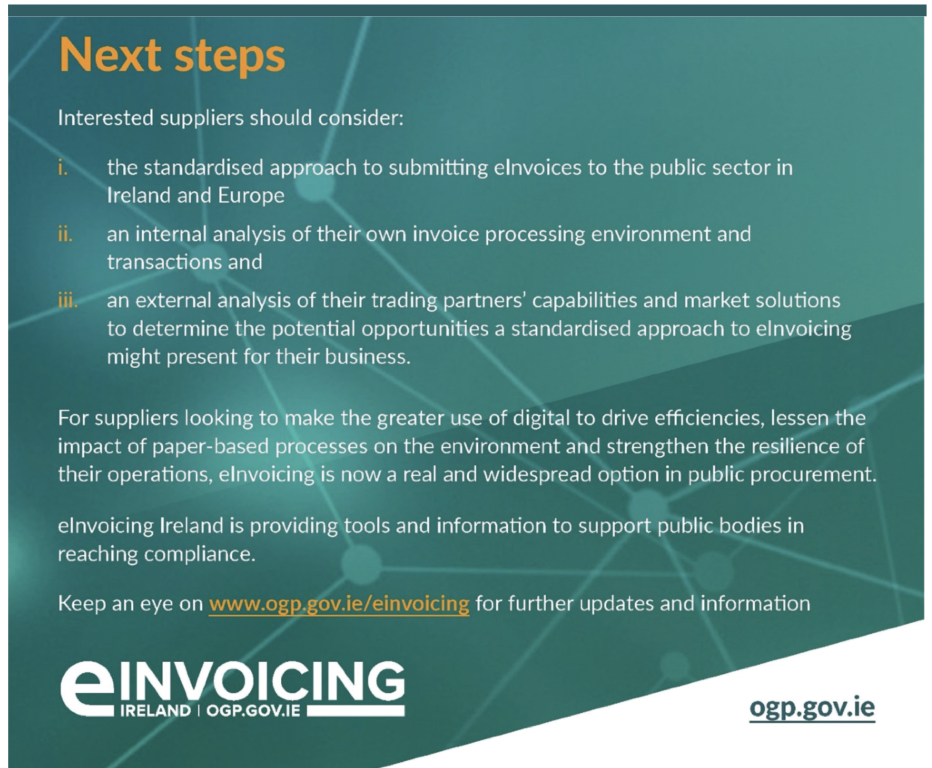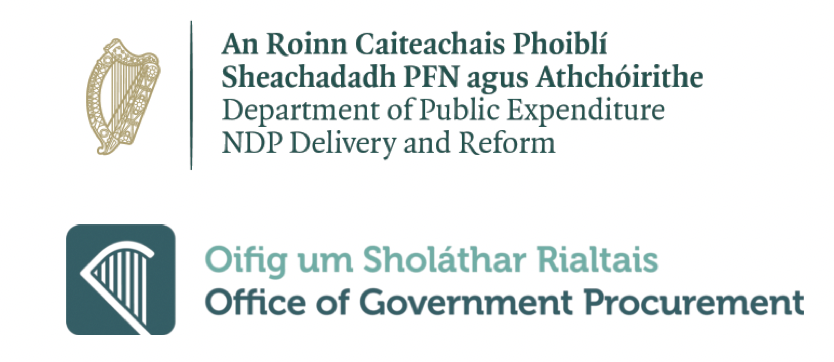eInvoicing moves closer to the tipping point

Declan McCormack, the principal officer whose unit has responsibility for the eInvoicing Ireland programme in the Office of Government Procurement (OGP), outlines recent developments in eInvoicing in Ireland and in Europe that are mobilising suppliers to adopt Peppol-based eInvoicing in public procurement.
Electronic invoicing (eInvoicing) is now a requirement for all suppliers awarded public contracts in more than 14 EU member states. In growing numbers, Irish suppliers are looking to meet that requirement, through the Peppol network, in order to do business in the European Single Market.
Increasing eInvoicing mandate for suppliers across Europe
In March 2023, the final stage of a law came into effect in Luxembourg making it mandatory for suppliers, of all sizes, to send their invoices electronically (eInvoicing) to the State in the context of public procurement and concession contracts.
In doing so, Luxembourg became the latest of more than 14 EU member states including Italy, France, Spain, and Norway to name but a few, where elnvoicing is mandatory for suppliers for all Business to Government transactions.
A number of factors are fuelling this growing wave of countries where eInvoicing is now mandatory for suppliers. According to McCormack, “the European eInvoicing Directive (2014/55/EU) established a legal obligation for all public procurement contracting authorities and contracting entities to be able to receive and process electronic invoices. At that time, a number of countries used the opportunity to also introduce mandatory eInvoicing for suppliers in business to government transactions”.
“It has been two years since the Directive came into full effect, and some of those countries where it remained optional for suppliers, now think the time is right to move to a mandate for suppliers in order to utilise the receiving capability that is in place and reap the administrative and environmental benefits of eInvoicing.”
In addition to this, the European Commission has recently proposed a series of measures to modernise and make the EU’s Value-Added Tax (VAT) system work better for businesses and more resilient to fraud by embracing and promoting digitalisation. The initiative is called VAT in the Digital Age (ViDA). Part of the proposals is for member states to move to real-time digital reporting based on eInvoicing for businesses.
The EU’s ViDA proposal would make eInvoicing mandatory for cross-border business and also allow all member states to introduce mandatory eInvoicing for domestic business to business transactions, if they so wish. Suppliers and other interested parties are monitoring this development closely and in some cases exploring how best to prepare for the change.
“These factors have helped to increase awareness among suppliers that eInvoicing is an option in public procurement and, in a growing number of cases, that it is a condition of doing business in the European Single Market. Suppliers are now looking to find out more about eInvoicing, the Peppol network and in particular how they can get connected to send eInvoices as being requested by their clients,” explains McCormack.
eInvoicing in Ireland
In the context of the EU’s public procurement regulations and ViDA proposals, an eInvoice is a structured electronic invoice that complies with the European Standard (EN-16931) for eInvoicing (‘the EN’). Ireland has chosen the Peppol network as the eDelivery network through which EN compliant eInvoices should be delivered to public bodies. The Peppol network is widely supported across Europe and internationally. Peppol allows businesses, through one connection, to connect to any and all public administrations and businesses in Ireland and Europe that are also on the network.
In Ireland, eInvoicing in public procurement remains optional for suppliers. Suppliers can still choose to submit invoices in various forms depending on their preference and/or any local trading arrangements they might have.
McCormack believes that with a supplier opt-in approach, we need to communicate a clear message to drive uptake in Ireland: “Support by all public bodies for the European eInvoicing Standard, and the use of the Peppol network for delivery of eInvoices, simplifies the choices for suppliers and helps to reduce or avoid costs when they are considering investing in doing business digitally with public sector clients at home and internationally.”
A supplier information sheet is available online at the OGP’s eInvoicing Ireland website (See Figure 1).

Guidance for public bodies
At the end of March 2023, the OGP’s Multi Supplier Framework Agreement for the provision of PEPPOL networking and eInvoicing Systems and Services to the Irish Public Sector (‘eInvoicing Framework’) reached its full term. No new contracts can be entered into off the framework.
“Support by all public bodies for the European eInvoicing Standard, and the use of the Peppol network for delivery of eInvoices, simplifies the choices for suppliers and helps to reduce or avoid costs when they are considering investing in doing business digitally with public sector clients at home and internationally.”
There is now greater maturity and understanding of public sector needs in the eInvoicing services and solutions available on the market that will help public bodies meet their legal obligations arising from the European eInvoicing Directive. In many cases, eInvoicing services can now be easily, swiftly and cost effectively procured compliantly by a public sector body (PSB) directly from the market.
The following information is available to assist public bodies in that regard:
- In line with the national approach, eInvoicing solutions should support the delivery of supplier invoices via the Peppol eDelivery network. A list of certified Peppol service providers is available on the official Peppol website.
- General eInvoicing information is available on the gov.ie website.
- Public procurement guidelines for goods and services are available here on the gov.ie website.

For queries please contact the einvoicing@ogp.gov.ie






